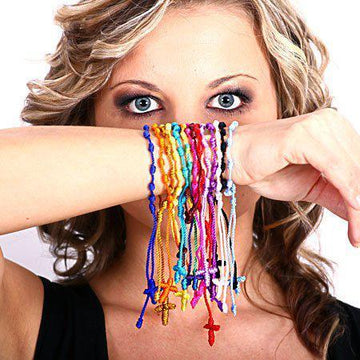Every one of us has headed the expression “sticks and stones may break my bones, but words are never going to hurt me,” but sometimes words can be outright mean. With that said, we try to surround ourselves with the best friends possible. Whether it is about the positive vibes that we get or about the loyalty from them, the good outweighs the bad.
If you have a friend that you love a lot, but sometimes you cannot stand because of their harsh, though true words can hurt like needles — you cannot help but think that they are just mean. However, the science says that this is not the case when it comes to your closest friends.
In fact, some findings from recently have shown that your meanest friend is the one that really loves you and wants you all the best.
According to research that was published in Psychology Science, people who tend to make other people experience some kind of negative emotions believe that the effect of those emotions is going to be beneficial to them down the road.
This research was conducted at the University of Plymouth by psychological scientist Belén López-Pérez, and it included 140 adult participants. In the study, López-Pérez explained that in most cases our close friends are going to inflict fear into us to help, even if it does not benefit them at all.
The scientists behind the study observed the behavior of the participants during some hypothetical situations such as generating the fear of failure to a friend that instead of learning for exams is procrastinating his studying.
López-Pérez said:
We have shown that people can sometimes be ‘cruel to be kind’ – that means that they may decide to make some feel worse if this emotion is beneficial for that other person, even when this doesn’t entail any personal benefit for them.
The researchers also claimed that asking participants to take the point of view of another person has increased the likelihood of them choosing some negative experiences, as well as emotions for the other person if they thought that that experience is going to be beneficial and helpful for them.
López-Pérez added:
Another thing that was surprising was that affect worsening was not random but emotion-specific. In line with the previous research, our results have shown that people hold some very specific expectations about the effects which certain emotion may have and about which emotion may be better for achieving some different goals.
There have also been some other studies which suggest that people may seek to worsen another person’s mood for their own gain. But based on their work and examining unselfish behavior, López-Pérez together with her colleagues wondered if there could be circumstances in which people would worsen the moods of other people for unselfish reasons.
In other words, people can also sometimes be “mean” to you not only because they hate you, or they want to hurt you, but as they care for you and their “meanness” come out of selflessness and empathy.
So, you should go ahead and tell your “mean” friends how much you love them for their honesty!



































